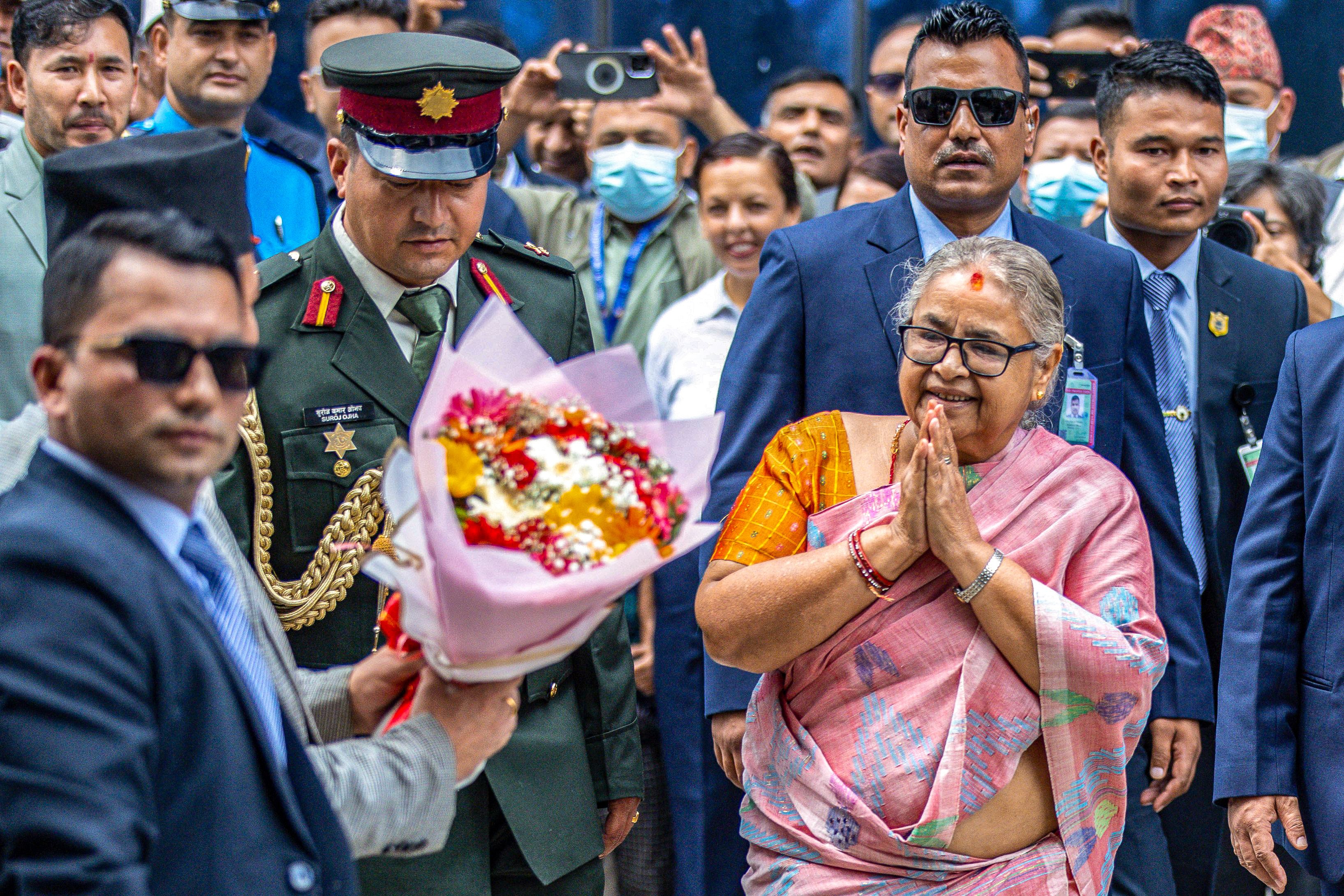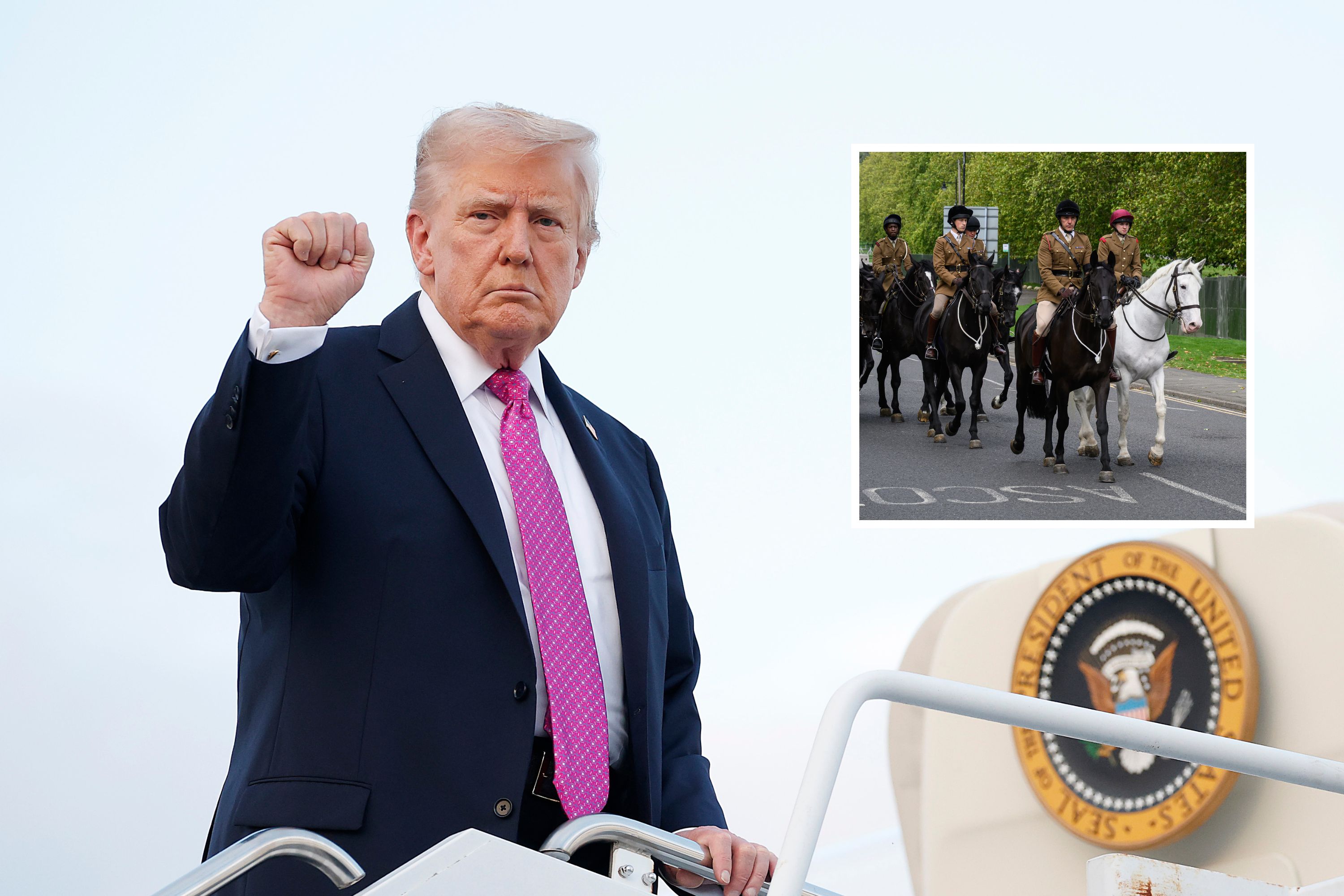By Vanessa Cai
Copyright scmp

China’s swift recognition of Nepal’s interim government reflects Beijing’s interest in regional stability, according to analysts who said that the political transition was unlikely to have a significant impact on relations between the two countries.
Former chief justice Sushila Karki was sworn in as the country’s interim leader on Friday after days of tumultuous protests forced prime minister K.P. Sharma Oli to resign earlier in the week.
Karki is the first woman to hold the position as well as the first to serve as chief justice.
The foreign ministry in Beijing congratulated her on Sunday, saying: “China and Nepal share a long-standing tradition of friendship. China, as always, respects the development path chosen independently by the people of Nepal.”
It added that China was ready to work together with Nepal to advance exchanges and cooperation in various fields, and promote the continuous growth of their relationship.
Nepal’s President Ramchandra Paudel has dissolved the parliament and a general election will be held in March.
China has been closely monitoring the unrest in Nepal, a strategic partner and participant in the Belt and Road Initiative, Beijing’s global infrastructure scheme.
Analysts said Beijing’s swift reaction came naturally as stability suited its interests.
Lin Minwang, a professor and vice dean at the Institute of International Studies at Fudan University, said: “Whenever a new government emerges in Nepal, China is usually among the first to promptly recognise and support its work. In a way, this has become something of a tradition.”
Lin said the change in government would have a limited impact on relations between the two countries and on Chinese investments in Nepal.
“Nepal’s economy is not that large, and its domestic politics have long been unstable. Because of this instability, initiatives like the belt and road have progressed only moderately,” he said.
Lin added that Nepal had generally positive perceptions of China, “so no matter who comes to power or steps down, the effect on China-Nepal relations is not that significant”.
In recent years, Nepal has strengthened its ties with China and signed up to the Belt and Road Initiative in 2017.
This has resulted in heavy Chinese investment in a range of major projects to improve connectivity between the two countries, ranging from roads and hydropower plants to communications networks.
However, progress has been slow. Planning work on the key project, the proposed Rasuwagadhi-Kathmandu Rail Line connecting Jilong in southern Tibet with the Nepalese capital Kathmandu, began in 2016 but remains at the preliminary stage.
Liu Zongyi, a senior fellow and director of the Centre for South Asia Studies at the Shanghai Institutes for International Studies, said the country’s political instability, involving multiple changes of government, was a long-standing problem.
“Whoever becomes Nepal’s leader, the belt and road is very hard to push forward,” he added.
The unrest in Nepal was triggered by a social media ban earlier this month, and soon grew into a wider anti-corruption movement aimed at the country’s political establishment.
At least 72 people were killed and 191 others injured during two days of protests, government chief secretary Eaknarayan Aryal said on Sunday.
Just days before the protests, Oli had made a high-profile trip to China, holding talks with President Xi Jinping and attending the Shanghai Cooperation Organisation summit before watching the Victory Day military parade in Beijing.



